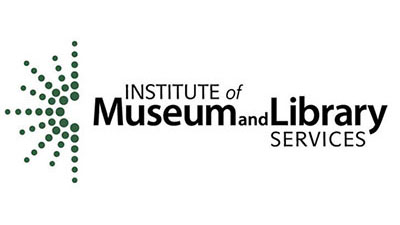In public libraries, library directors assume a wide variety of duties in addition to being a leader in moving the library forward in our library world of constantly changing technology and circumstances. To differing degrees, based on the size of the library organization, these duties will include operations of the library facility, management of personnel, oversight of finances, development and implementation of policies and procedures, interaction and collaboration with numerous community organizations and local officials, advocacy for funding and support, planning for the future, and advising the library board on all facets of library business.
The resources provided on this page will help administrators in fulfilling these duties by supplying information and direction in each of these areas. More detailed information and help is always available through your KDLA Regional Librarian. KDLA also provides a Monthly Report that is distributed to directors and trustees. Highlights of KDLA’s services and resources for public libraries can be found on KDLA Resources for Public Library Staff.

Services provided by the Library Development Branch of KDLA
are funded in part by the Institute of Museum and Library Services